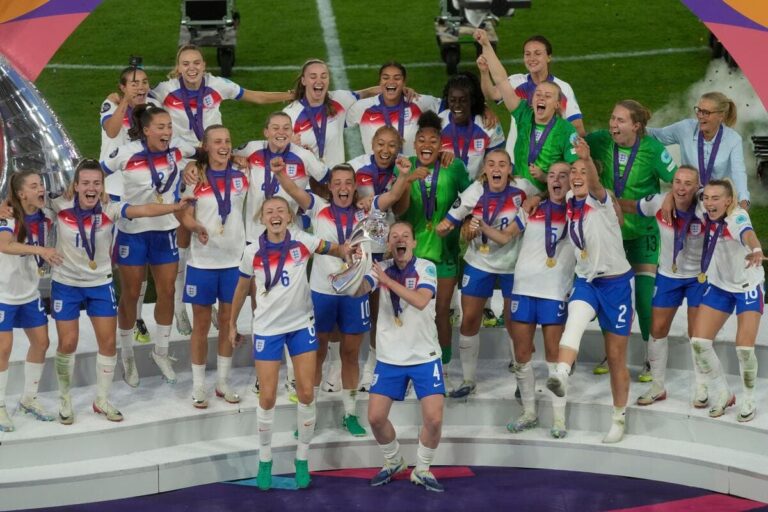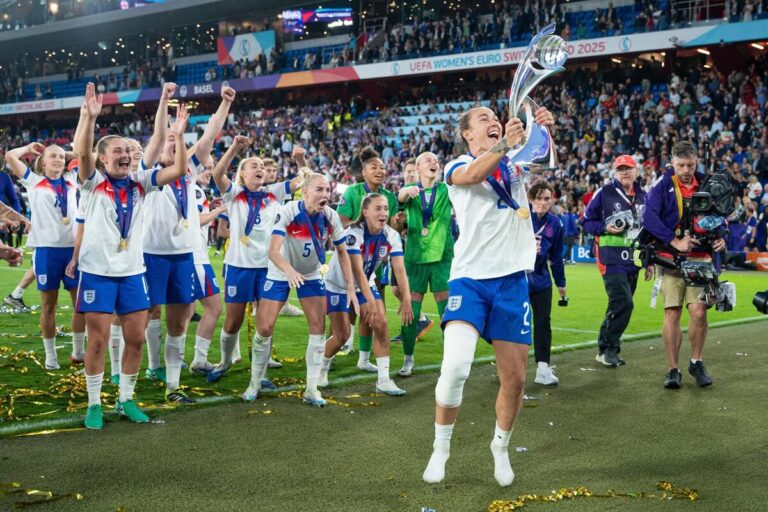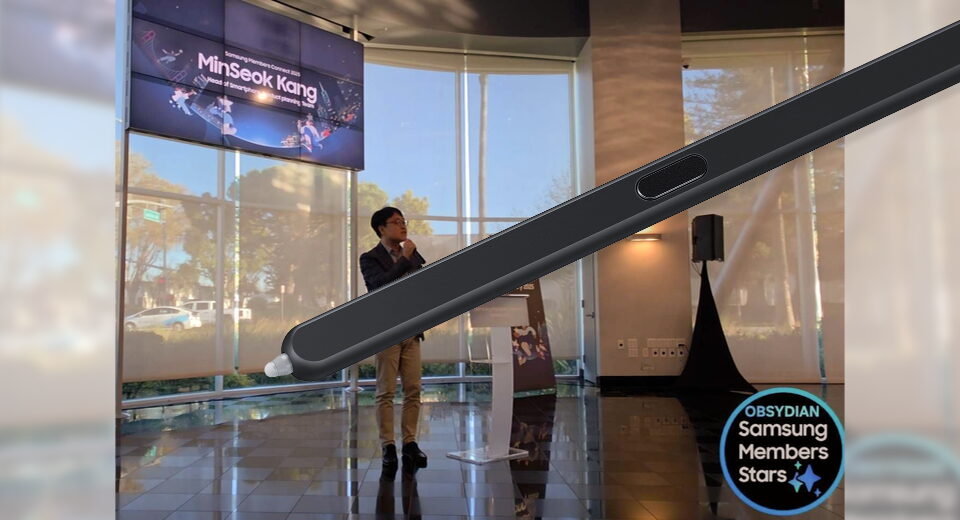The ultimate meeting culture

The ultimate meeting culture
Published: April 26, 2025
FOMO - Fear of missing out
The goal of an exceptional meeting culture is to allow for people to constructively decline meetings by fully understanding the consequences of their action.
Let me explain!
It is common knowledge that office workers in general suffer from a situation of too many meetings. To be more precise; too many meetings where the value of their attendance is vague or unclear, either for input or output or both. Meetings tend to be slow, take forever, not accomplishing the thing that it was set out to do so a follow up meeting must be scheduled. They tend to drag out. This is (to no-ones surprise) quite expensive. Head-count multiplied by time will easily put a lot of meetings at a cost of thousands of euros. Is that kind of money used effectively during the meeting? Sometimes, sure, but usually no.
As the size of a meeting goes up, so does the vague invites. Invites where the person does not have a clear reason to go but will probably join anyway because of FOMO. Effectively potentially wasting valuable time and focus. Bigger meetings also tends to makes it harder for people to be active and join in on the discussion.
On top of all that, people are busy! They have things going on, more things on their plate than they can comfortably handle and a deadline coming around the corner. This is normal! Having to go to yet another meeting might be a make-or-break situation for someone.
Initiating a culture into an organisation is known to be a hard problem, I don’t intend to solve that. But, if you don’t know what type of meeting culture that you want, you also don’t know what you are aiming at.
The purpose of a meeting
So, what would an efficient and trustworthy meeting culture look like? It all comes down to the things that takes place when it’s not a meeting. You’ll see! The challenge is that the in-between things relies on personal discipline, which is where the expectations from the culture comes in. If you are expected to do something it has a higher change of getting done.
First, a meeting is primarily not a way to spread knowledge. Knowledge should be spread in a format that is more resilient to time than our memories (which are surprisingly untrustworthy over even tiny time scales). For example; written text. The greatest benefit of text is that it can be asynchronously consumed, multiple times. Meetings are primarily for two things:
Brainstorming meetings that identifies problem and/or solutions through discussion. People with different backgrounds and interests will have different opinions, which is quite natural. This type of discussion is great to have in a meeting because there is immediate feedback which can spur continued probing for certain details and unclarities.
Making a decision as a group. Before a decision is made everyone will have to be on-board with both the problem and the solution, and all the edge cases and other things that are intentionally left to the side.
During a meeting both of the above points can co-exist, with different topics and problems.
Secondary, meetings can definitely be had in order to expand and clarify knowledge (written text). The goal of such a meeting should be to understand how to improve the written text to make future meetings like it unnecessary.
Expectations from the culture
In order for this whole idea to be sustainable, it requires that people actually do the work. If this structure starts to break down, people will attend more meetings than they have to because of the uncertainty of not attending. Remember, the goal is to get people to decline meetings when that’s the reasonable choice.
The host
In the meeting invite, include an agenda with rough estimates on how much time to be spend on each point. Also include if decisions are expected to be made, since that can be crucial to peoples attendance.
Make sure that minutes are taken about the discussions. The most important parts are decisions that have been made and action points for future work.
Having a moderator that makes sure that discussions are kept on topic and in time. Keep to the agenda.
Off-topic problems or other de-railings that comes up are written down and planned for a future meetings.
Ending the meeting on time. If there are a need for more discussions, schedule a new meeting.
(Bonus): Schedule meetings to HH:50 on the clock. People who have back-to-back meetings also need to visit the bathroom, get a coffee or just a small break.
The attendee that accepted
Don’t show up if you are not interested. Being in a meeting while you ignore the speaker in favour of reading the news is not considered working. It’s also kind of rude.
Be prepared. Usually there are some reading about the topic before the meeting, to make sure everyone is on the same page. Do your homework.
Be active in the discussion, weigh in with your opinions and ask for clarifications if things are unclear.
Respect the moderator.
The attendee that declined
Understand that by declining you waive your right to influence the topic and potential decisions that will take place (which sounds dramatic, but it’s not).
Read the minutes.
Enjoy!
Scenarios
I am only interested in one of the agenda points
Enter the meeting when that is supposed to be discussed (with some margin). Since the agenda specifies the amount of time to put on each point, you can enter when your topic of interest is going up.
I don’t want to miss what the meeting is about
It’s a valid point, FOMO. However, if you don’t intend to participate, you should just read the minutes afterwards. Sometimes it’s valuable to hear the discussions, not just the summarised comments and outcomes. If that’s the case then you unfortunately have to join the meeting and sit through it proper.
I don’t have anything to add but I need to know the outcome
Decline and read the minutes.
It feels rude to leave the meeting before it’s done
It might feel rude, I can sympathise with that. But it’s also a waste of time. If your contributions are done and you have nothing further to participate with, go back to your desk and do meaningful work. Ideally, there will be a cultural agreement that makes it okay to leave meetings before they are over, for this reason.
We just need to talk this out!
Well, you can but people are going to get pissed because their expectation will be different from yours. If you intend to have a meeting purely on constructive discussion, have that in the agenda so that people know what they are getting into. Also announce that you will take minutes.
I have another, more important meeting, with slight overlap
You can leave whenever you want and not fear that you are going to miss much, since there will be minutes.
Other things always comes up that will be decided and I might need to hear that
These potential other things will be written down and saved for a future meeting. The moderator will keep things on topic.
Personal experience
I’ve spent seven years in a ~300 people organisation. It’s not a huge organisation, but it’s definitely not a small one either. Meetings are held all over the place and the FOMO is strong. What I realised though was that a few project managers adhered to the principles above, which made it possible for me to decline their meetings. Because I knew that I would get minutes and there would be no talking about other things during the meeting just because people were together.
I trusted these project managers that I would not be kept in the dark, information wise.
Summary
This meeting could have been an email!
— Basically everyone at some point
Yes!
Thanks for reading!
If you want to read more please visit the archive for more posts.
What's Your Reaction?
 Like
0
Like
0
 Dislike
0
Dislike
0
 Love
0
Love
0
 Funny
0
Funny
0
 Angry
0
Angry
0
 Sad
0
Sad
0
 Wow
0
Wow
0







































